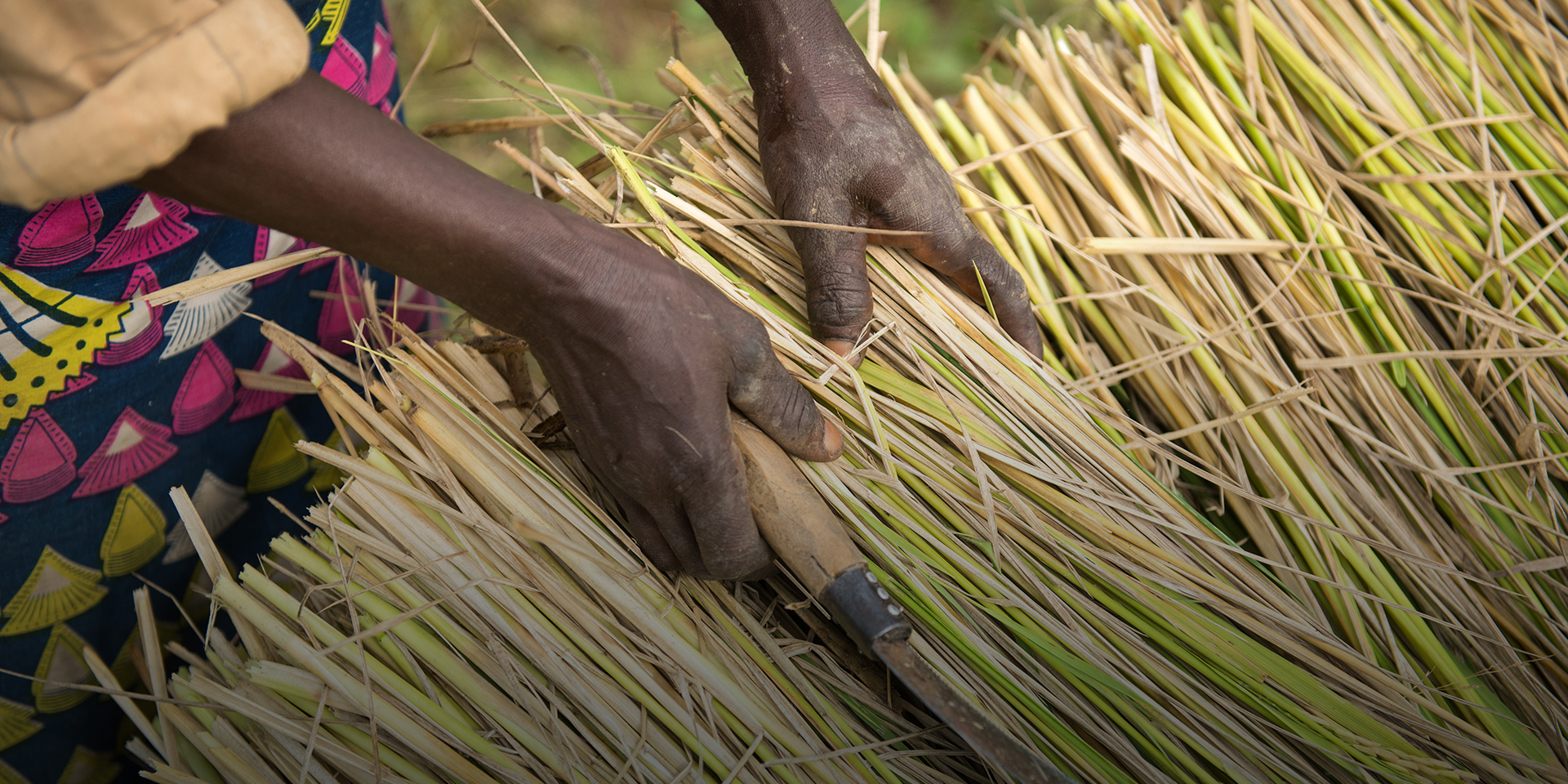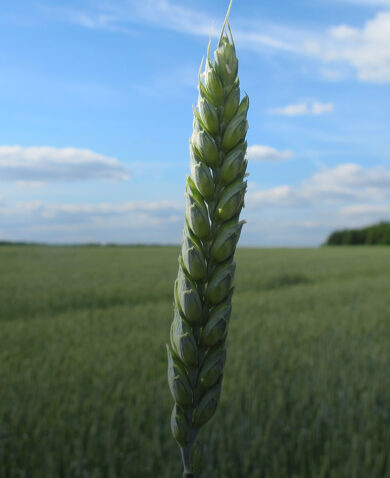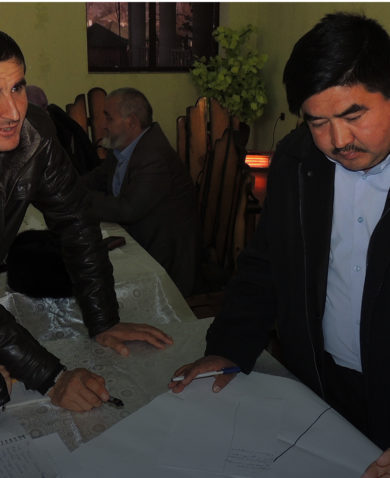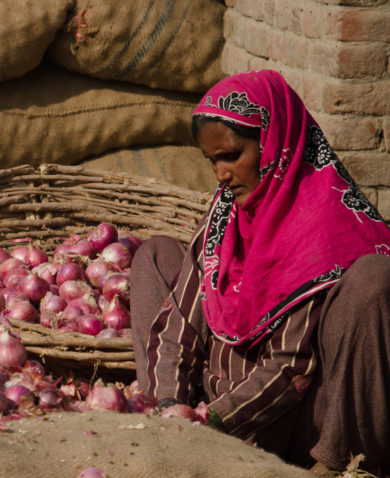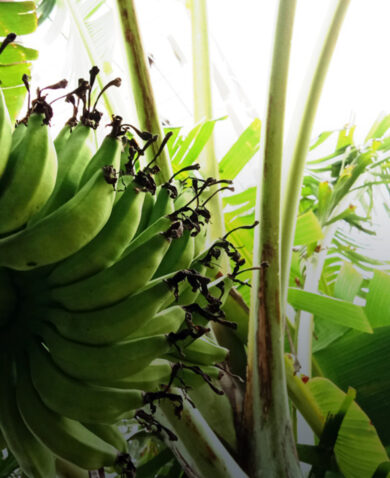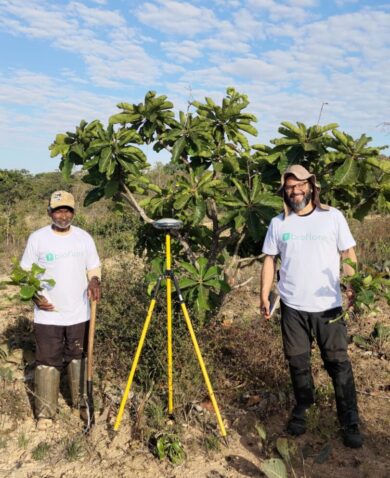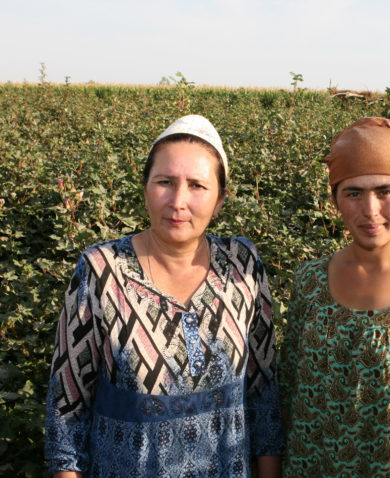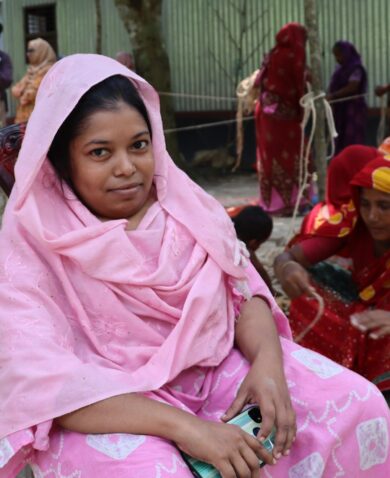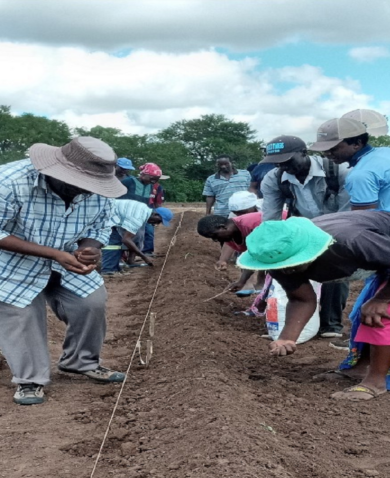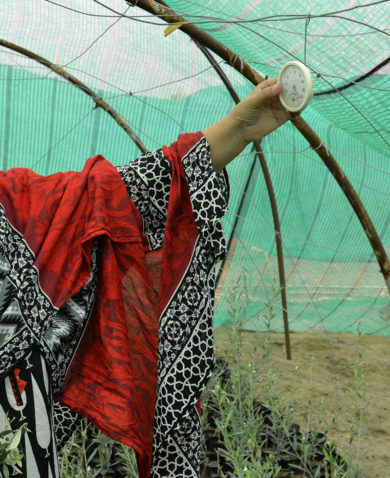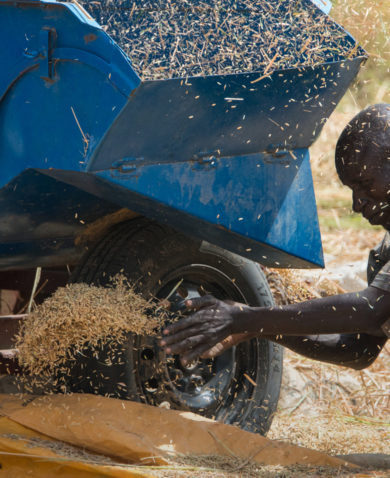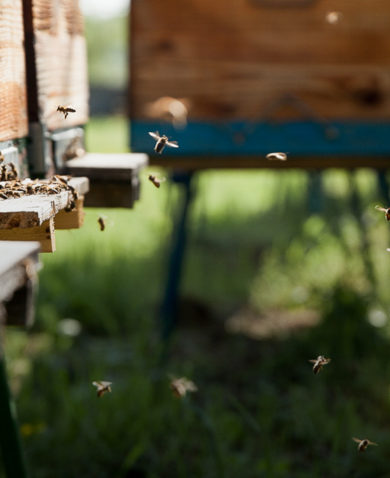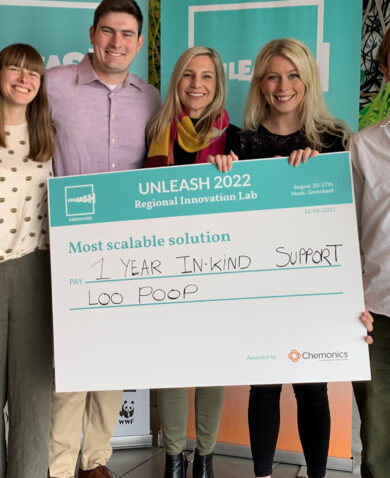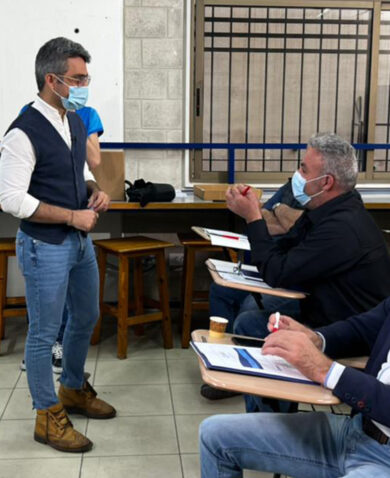Down-and-dirty politics and political roadblocks have thwarted the success of agricultural development projects for decades. To achieve greater success, we need to consider how we can better understand and break down such blocks.
Whether we like it or not, international development efforts are inherently political. Within the agriculture sector, the relationships and power dynamics among market actors influence who a market actor does business with, the nature of the deal made, and the overall competitiveness of the value chain.
Dysfunction in these relationships can create space for inefficiency and corruption. For example, fertilizer imports are often controlled by a cohort of powerful traders, who are often allied with influential government officials. Even where good agricultural land is limited, politically connected firms can secure land rights to establish large commercial farms. Export bottlenecks that stymie most traders can be circumvented by companies with political influence. And these political manipulations are not limited to high-level players. A project designed to expand access to hybrid seeds, for example, might be deliberately stalled by politically connected input suppliers who stand to lose market share.

